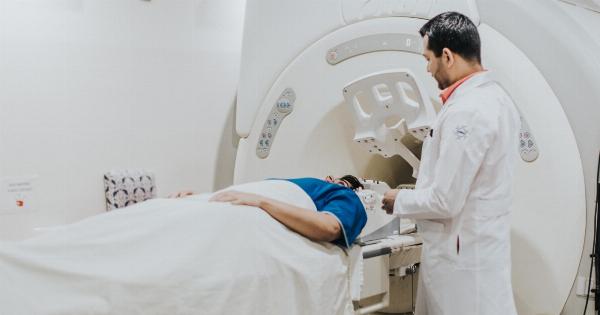Anxiety disorders are the most common mental disorders in the United States, according to the National Institute of Mental Health.
While anxiety is a normal emotion, individuals with anxiety disorders experience intense, excessive and persistent worry and fear about everyday situations. This can lead to significant impairments in daily functioning and quality of life.
High functional anxiety, also referred to as high-functioning anxiety or HFA, is a specific type of anxiety disorder.
It includes symptoms of anxiety such as worry, fear, and physical symptoms like rapid heart rate, sweating, and difficulty breathing, but individuals with HFA appear to function normally and able to complete tasks without difficulty.
Symptoms of High Functional Anxiety
The symptoms of high functional anxiety are similar to those of other anxiety disorders. However, individuals with HFA typically maintain high levels of performance and productivity despite experiencing anxiety on a daily basis.
Symptoms of HFA may include:.
1. Intense Worry and Fear
Individuals with HFA often worry excessively about future events and outcomes. They may fear the worst possible outcome, even when there is no evidence to support these fears.
They may also fear failure, criticism, and rejection that go beyond what most people experience in similar situations.
2. Physical Symptoms
Anxiety can cause physical symptoms such as rapid heartbeat, sweating, shaking, sleeping problems, muscle tension, and difficulty breathing.
However, individuals with HFA may appear to have no physical symptoms or they may actively work to hide their symptoms, leading others to believe they are not experiencing any anxiety.
3. Perfectionism
Individuals with HFA often set extremely high standards for themselves and strive for perfection. They may experience intense feelings of disappointment and dissatisfaction when they fall short of their goals or make a mistake.
4. Overachievement
Individuals with HFA may feel driven to overachieve in order to prove themselves or ease their anxiety.
They may take on more tasks than they can handle, work longer hours than necessary, and have difficulty saying no to others’ requests for help.
5. Control Issues
Anxiety can cause individuals to feel that they need to be in control of their environment and the people around them.
This can lead to micromanaging or rigid thinking that can be difficult for others, such as colleagues or family members, to deal with.
Causes of High Functional Anxiety
The causes of HFA are not fully understood, as with other anxiety disorders. However, a number of risk factors have been identified, including:.
1. Genetics
Research shows that anxiety disorders may run in families. There may be inherited genes that make some individuals more at risk of developing HFA than others.
2. Environmental Factors
Exposure to stressful life events, such as traumatic experiences, can increase the risk of developing anxiety disorders. Additionally, chronic stress from work or home life can also contribute to the development of HFA.
3. Personality Factors
Some people may have a personality type that is more prone to anxiety. These include individuals who are perfectionists, sensitive to criticism, and overthinkers.
Treatment for High Functional Anxiety
Individuals with HFA may not recognise the need for treatment, as they are able to function well despite their anxiety. However, treatment can be beneficial in reducing symptoms and improving overall quality of life.
Treatment options for HFA may include:.
1. Psychotherapy
Cognitive-behavioural therapy (CBT) is a type of psychotherapy that has been effective in treating anxiety disorders. CBT helps individuals recognise and change negative thought patterns and behaviours that contribute to anxiety.
2. Medication
Antidepressants and anti-anxiety medications can be used to treat anxiety disorders. These medications can be effective in reducing symptoms but should always be prescribed by a qualified healthcare professional and monitored closely.
3. Self-care
Self-care techniques such as exercise, deep breathing, and meditation can help reduce symptoms of anxiety. It’s also important to maintain a healthy diet, get enough sleep, and avoid substance abuse.
Conclusion
High functional anxiety is a specific type of anxiety disorder characterised by individuals who appear to function normally, despite experiencing intense worry and fear.
The symptoms of HFA are similar to other anxiety disorders, such as physical symptoms, perfectionism, and overachievement. Treatment can be beneficial in reducing symptoms and improving overall quality of life. Options for treatment include psychotherapy, medication, and self-care techniques.




























